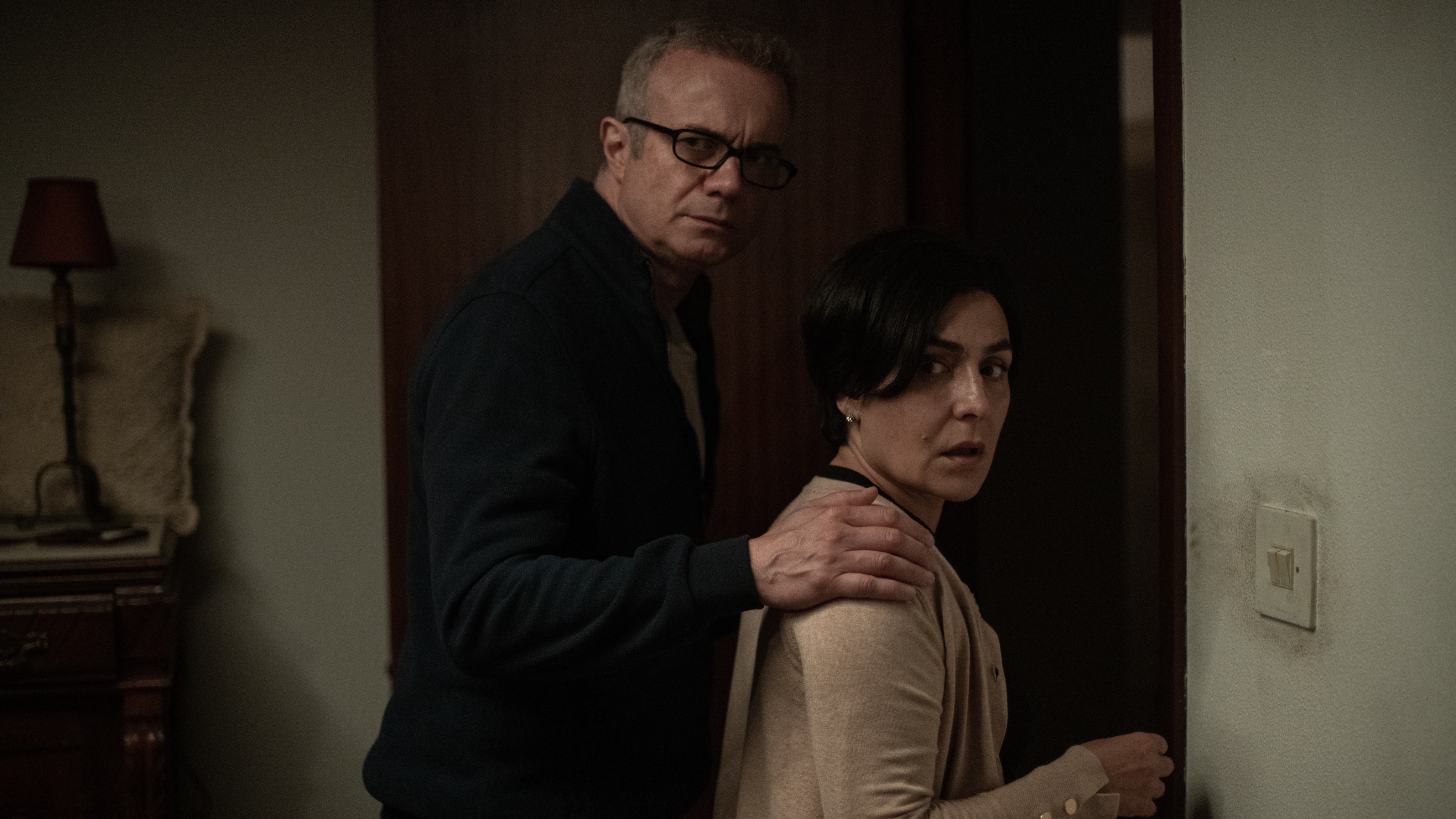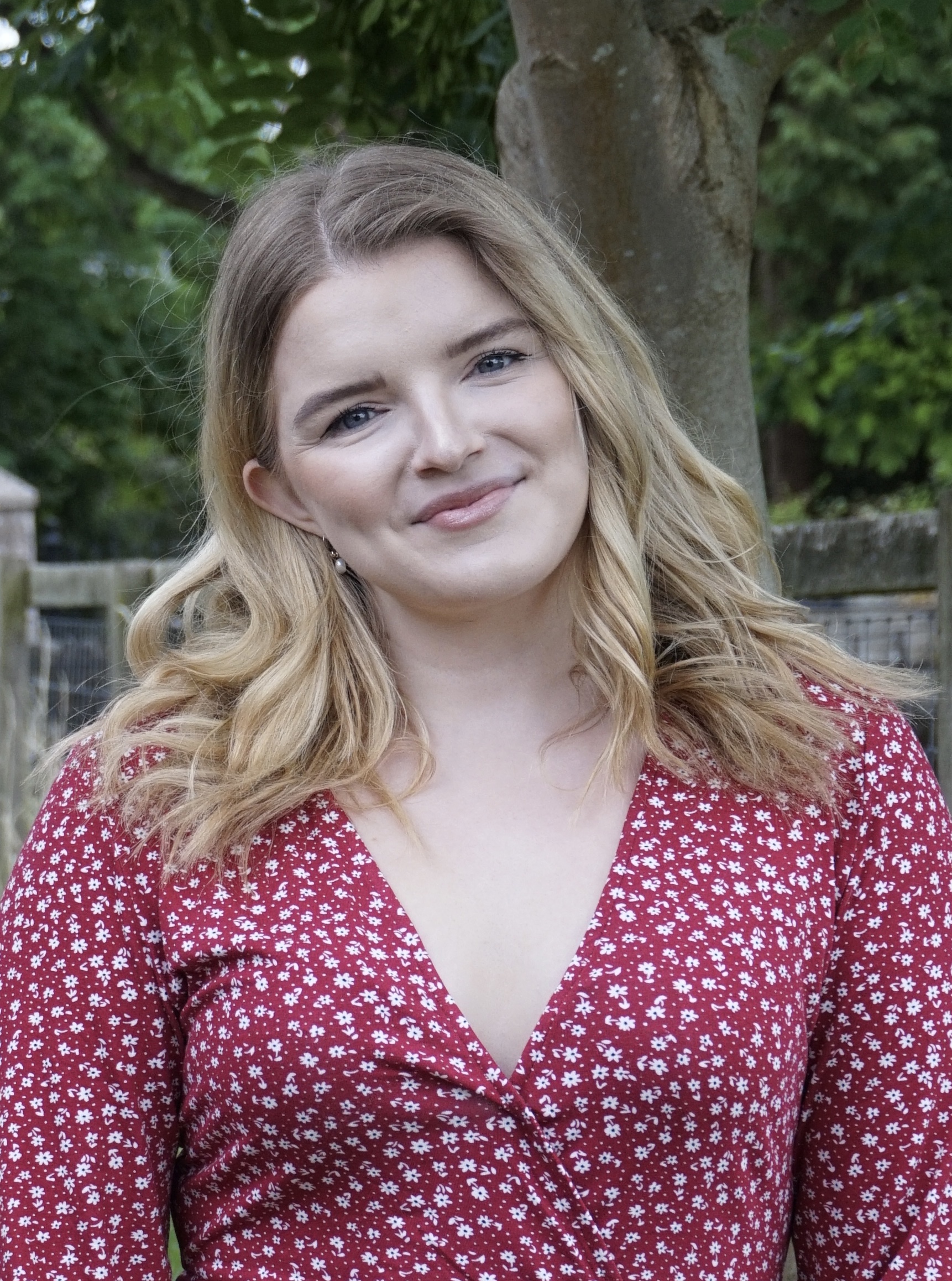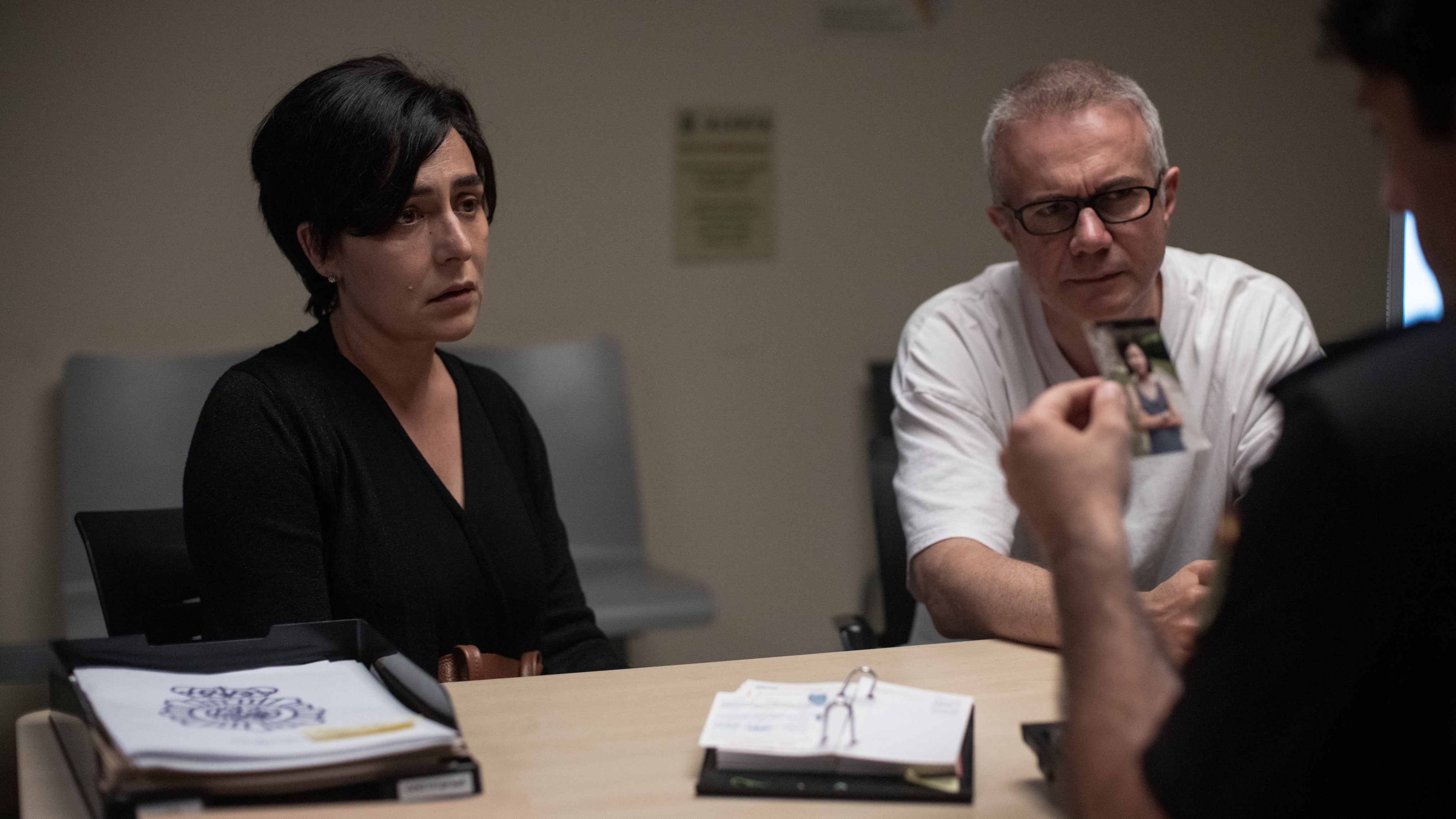Is The Asunta Case a true story? The shocking real tale behind the Netflix thriller
Viewers have been wondering what the real story behind The Asunta Case is...


Since landing on Netflix, harrowing new drama, The Asunta Case, has left many viewers wondering whether it is a true story.
Netflix has never shied away from tackling difficult subjects in documentaries or drama series, with the likes of Baby Reindeer and Maxine being the latest hard hitters wowing fans of the streaming site, along with the shocking The Asunta Case.
The six-part miniseries follows the aftermath of the 2013 disappearance of 12-year-old Asunta Basterra in Santiago de Compostela. Her parents, Rosario Porto and Alfonso Basterra, reported that their adopted daughter was missing and hours later she was found dead next to the side of the road.
Asunta had been adopted as a nine-month-old baby from China and her wealthy family were well regarded amongst their community in Spain, prior to her tragic death.
But how much of this new series is actually true? Read on to discover everything you need to know about The Asunta Case.
Is The Asunta Case a true story?
Tragically, The Asunta Case is based on the true story of the murder of Asunta Basterra. Back on Saturday 21st September in 2013, her parents, Porto and Basterra, reported that their daughter was missing after Porto arrived home at 9.30pm to find that she wasn’t there and phoned her ex-husband to see if she had travelled to visit him.
That night, Porto told the police that she had left Asunta at home doing homework, while she went to the family’s country home in Teo. When she was nowhere to be found, they also called her close friends to try and find her.
Sign up for the woman&home newsletter
Sign up to our free daily email for the latest royal and entertainment news, interesting opinion, expert advice on styling and beauty trends, and no-nonsense guides to the health and wellness questions you want answered.
Several hours later the police phoned to let them know that her body at been found by the side of a road, in the parish of San Simón de Ons of Cachieras, only 5km from Porto’s house in Teo. She had died from asphyxiation and an overdose of Lorazepam pills. On the day of her death, the coroner determined that she had 27 pills in her system.

A few days later at Asunta’s funeral, her mother was arrested by the police as they discovered some CCTV footage that didn’t line up with her story about the night of the murder.
This new evidence showed that Asunta was travelling with her mother at 6.20pm at the petrol station on the way to Teo, and Porto quickly changed her story. She said that Asunta came with her to their other house, before she drove her back to do homework. But police could find no evidence of this second journey on any other CCTV cameras. A day later, Basterra was also arrested.
What happened in the trial of The Asunta Case?
Despite the swift attempts to solve the case, the trial didn’t begin until October 2015, when the jury found the couple guilty of the murder of their adopted daughter and they were sentenced to 18 years in prison. The trial concluded that Asunta had been killed by her adoptive family at their home in Teo and her body was moved to the side of the road.
A witness had also seen Asunta with her father on the day of her death, which confirmed that he had also been lying about his alibi and that both parents had had the opportunity to commit this crime together.
Even though the case was closed, there was still some unanswered questions surrounding the coroner's report. They found that Asunta had been ingesting small amounts of Lorazepam for roughly three months, as it was found in the recent growth of her hair.
Her teachers had reported that Asunta hadn’t been as well as usual, feeling dizzy and even being unable to walk straight some days. Cryptically, the 12-year-old told her teacher, "I don’t know what they are giving me. No one tells me the truth" and said to another: "I took some white powders."
The horrific case is even more chilling when you know the context of the real story about Asunta’s tragic murder.
The Asunta Case is now available to stream on Netflix.
Jess Bacon is a freelance journalist, blogger and former editor with over six years of writing experience. As a screenwriter and journalist, Jess is keen to tell her own and other people’s stories through words, photos and film. She’s passionate about discussing young people's mental health, grief and feminism in life and how it's portrayed in the media, film and literature. Alongside her by-lines at renowned publications, Jess regularly speaks at charity events and festival panels about loss, mental health and Marvel. Along with her love of writing, Jess is an avid reader, spin enthusiast and dog-lover.
-
 You asked, what's the best budget pizza oven? I found a triple-fuel model for £250
You asked, what's the best budget pizza oven? I found a triple-fuel model for £250The Woody Pizza Oven is a breath of fresh air. It's simultaneously affordable and versatile, offering multiple fuels and a spacious oven inside. I love it.
-
 Florist reveals the surprising ingredient that can prolong your sunflowers' blooms
Florist reveals the surprising ingredient that can prolong your sunflowers' bloomsTo keep your sunflowers happy for longer, try this innovative trick that uses a common household cleaning agent